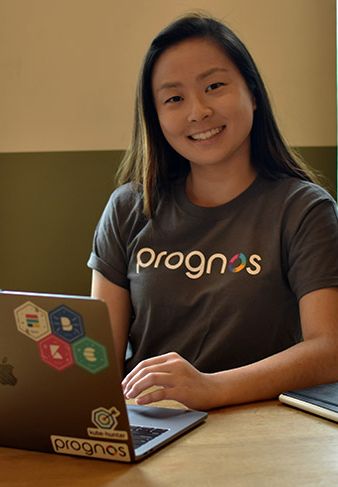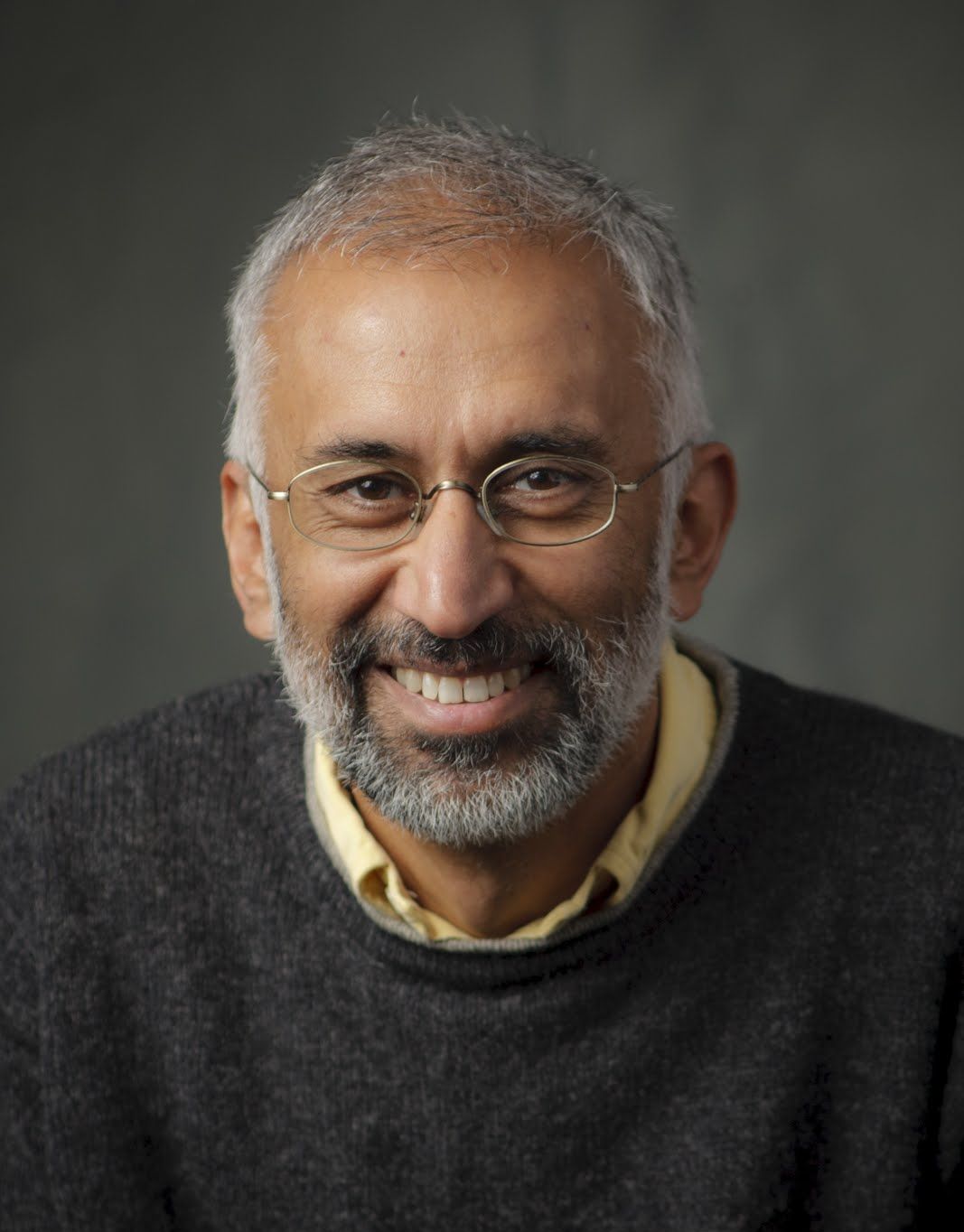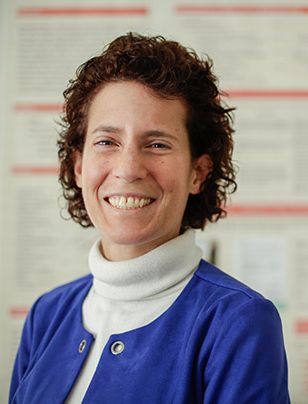Working with big data doesn’t require wearing a lab coat, but it still can be messy.
Take it from bioengineer Jeanna Kwon ’17, a consultant at Prognos, a health care AI company based in New York City that’s focused on improving the prediction of disease—and our power to prevail over it—by analyzing patient laboratory diagnostic data.
“Lab data can have lots of text, like doctors’ comments and all kinds of random input,” says Kwon. “Applying data science, artificial intelligence, and machine learning on that is complicated. The person coding the algorithms needs to understand what the data says and how to organize it, and that’s where my role, and my background in bioengineering, comes in.”
Kwon is one of a growing number of BioE graduates charting new career paths in data science and health care analytics at companies like Prognos, which analyzes de-identified patient data from diagnostic labs to provide clinical insights to its partners (insurer Cigna and biotech firm Biogen are two of them). Since 2017, Prognos has built a registry of more than 25 billion medical records for over 200 million patients.
“I specialize in oncology and help data scientists sift through lab data containing test results such as gene mutations, biopsies, and diagnosis codes—telling them, ‘I need you to pick out this piece here and this piece there,’” she explains. “Together we’re trying to figure out whether this patient has a certain type of cancer and what type that might be.”
To give students a more direct runway to launch careers at the nexus of computational and data science, biological sciences, and bioengineering, the Rossin College is rolling out a new degree, a Bachelor of Science in Biocomputational Engineering, in the fall of 2020.
“The two areas where innovation is the strongest in the economy right now are information sciences and biotech,” says Anand Jagota, professor and founding chair of the Department of Bioengineering, “and because they sit on opposite sides of the spectrum, with computation and theory on one side and experimental disciplines on the other, the confluence of these two is a huge potential growth area. How to handle health data, how to connect to diagnostic machines—that’s where advances in information technology are really coming together to address health care needs, and very few places actually train people at the intersection.”
Lehigh is among the first handful of top-tier U.S. research universities to offer an undergraduate major in this subject. The program will equip students to develop new diagnostic tools and software, model the building blocks of life, identify populations at risk of diseases, shore up health care data acquisition methods and security, and design clinical research trials, among other and not-yet-conceived applications.

Faculty from across the university with expertise in BioE, computer science and engineering, biological sciences, physics, and industrial and systems engineering came together to develop a rich, interdisciplinary curriculum.
Jagota explains that computation and bioengineering typically converge in three areas: molecules/mechanics of cells, genomics data, and optimization of health care delivery. “Lehigh’s program will ground students in all three areas and give them a basic bioengineering education as well,” he says.
According to Lori Herz, associate chair of the Department of Bioengineering and a professor of practice, biocomputational engineering students will complete standard core classes in math, science, and engineering, followed by courses across bioengineering, computer science and engineering, and industrial and systems engineering. Options for technical electives will include bioimaging, biostatistics, and bioinformatics, which uses computers to collect and analyze information about critically important biological functions like DNA sequencing.
While Kwon and other recent bioengineering graduates have successfully landed at Prognos, Keyrus, QuintilesIMS, AthenaHealth, Axtria, and other leading companies in the health care analytics space, Herz says that with more targeted specialization in areas like bioinformatics and biophysical modeling, Lehigh can lead the way in funneling future innovators into this rapidly emerging industry.
“We already have numerous faculty engaged in health-related research, and we have more students enrolled in computer science, bioengineering, and biological sciences than ever before,” she says. “There’s never been a better time to do something like this.”
Jagota concurs: “We’re building on Lehigh’s institutional strengths and our faculty who apply computational methods to problems across the sciences,” he says. “What’s coming are a few new courses to round out the major, as well as real-world experts in certain subject areas to help prepare students to seamlessly transition into this cutting-edge field—and excel once they get there.
“It’s a little bit of a risk to step into something new,” he adds, “but Lehigh can be not only one of the first to do this, we can also be one of the best.”
Story by contributing writer John Gilpatrick and Katie Kackenmeister, assistant director of communications for the P.C. Rossin College of Engineering and Applied Science



